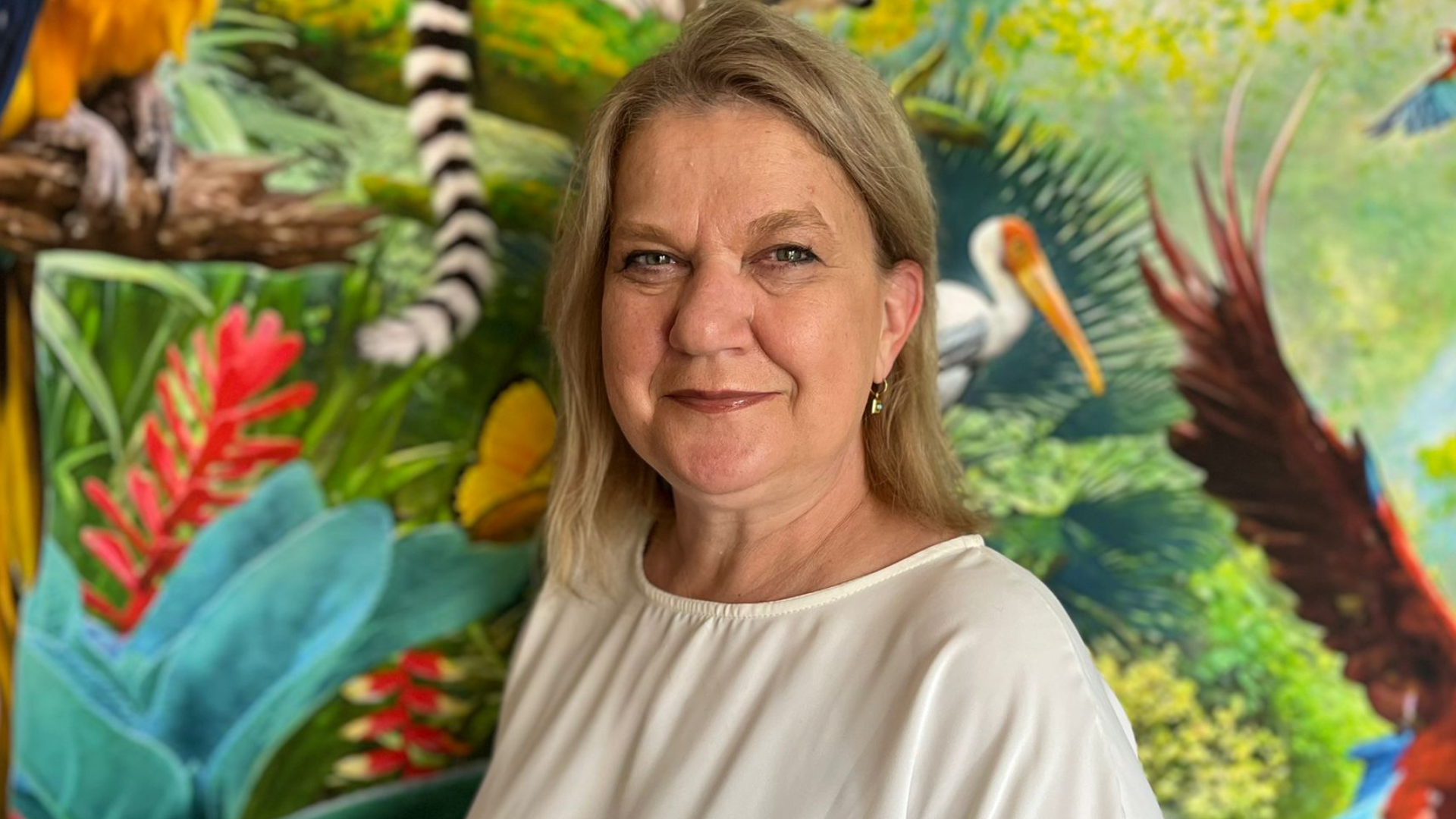
You’ve been producing films for decades, through shifting industry landscapes, financial crises, and changing audience habits. What’s something you used to believe about filmmaking that time (or experience) has proven completely wrong?
This is a hard question. And it’s hard to decide what to pick out of the “beliefs” that proved wrong.
Probably the most important is believing that the film is more important than the people, the team, including your own person. Wrong!
The second one is somehow connected – the belief that everyone in the team cares about the film as much as the director and the producer. Wrong!
The film industry is evolving at lightning speed with streaming dominance, AI-generated scripts, shorter attention spans. What’s one trend that excites you and one that absolutely terrifies you?
It is exciting to play with the illusion that it is easier and easier to make films. The terrifying question is who is going to watch them, how are we going to reach an audience in the ocean of content that is invading our lives & screens.
The other thing that is terrifying me is related to the use of AI in order to create fake news/content & the speed of the evolution of quality of AI-generated moving images. As much as I am terrified by the lack of involvement in educating people to be able to identify the true content versus the generated one.
Independent producers often feel like they’re waging war against the system – funding struggles, market pressures, the ever-present “but will this sell?” question. What keeps you in the fight?
The idea that each and every project I am involved in has the capacity to add a tiny drop to a better world, a more aware & awake world. Also, I see my work not only as a business but also as my civic contribution and this is keeping me alert.
Co-productions have become more crucial than ever, especially in European cinema. What’s a co-production horror story you’ve survived, and what’s the secret to making them actually work?
Well, I tend to forget the horror stories and keep record of the success stories.
And actually, none was a horror story, they where challenging, there were decisions that were hard to make – like letting go of a financing from a partner that was very dedicated to the project, just because the financing from their country was too expensive and made no sense economically (happened with Aferim!) or the situation of not being able to finance in Romania a project that you truly loved, dedicated time & energy to it and in the end you are not really part of it the way you dreamt to be. It happened to me for instance with Toni Erdmann that wasn’t financed in Romania, I am not an official co-producer but, in reality, I am part of that film and the whole team knows & acknowledges that, but still. And recently with another very daring film – the Norwegian Sundance-revelation The Ugly Stepsister.
Filmmaking is never a solo endeavour. What do you look for in the people you choose to work with (directors, writers, fellow producers)? What makes someone a great partner in the filmmaking process?
I am looking for fellows, for people who share the same values and have a motivation bigger than their ego. A great partner is someone that walks alongside with you and builds with you, a great partner is generous and caring with others.
You’ve built a reputation for producing films that don’t just tell stories, but challenge, provoke, and sometimes even scandalize. What’s the most “I-can’t-believe-we’re-doing-this” moment you’ve had in your career?
We need too much space to list all the “I-can’t-believe-we’re-doing-this” moments, basically almost all the films. Nothing came for granted, nothing came easy or without team effort and full dedication. Fact is that I do not regret any single challenge I took. In the last couple of years I would say in the top 3 are for sure Bad Luck Banging or Loony Porn and Arsenie. An Amazing Afterlife.
What kind of stories excite you the most right now? What’s the kind of film that, if it landed on your desk today, you’d jump on immediately?
The dream is to, one day, find a musical on my desk, involving contemporary dance (and fully financed).
Looking ahead, how do you see microFILM evolving in the next five years? What’s the big dream?
The big dream is to be able to produce one series & one film with international cast in the lead roles. The other dream is to prove that, in Europe too, we can finance films through private equity and finding a functional system for equity investment in not-so-big European films.
And yes, one genre film – thriller ideally & I would love to see my younger colleagues developing a hybrid game-film product.